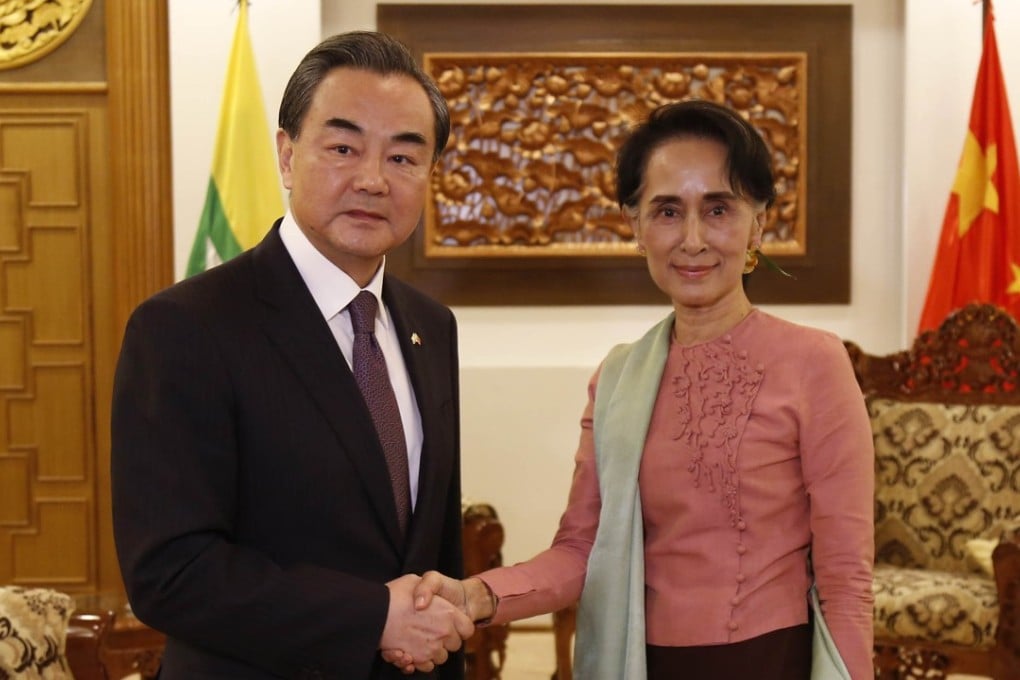Advertisement
China flexes its diplomatic muscle on the Rohingya crisis, cashing in on ties with Myanmar and Bangladesh
Bob Savic says China’s offer to mediate between Myanmar and Bangladesh – in order to solve the core issues of the Rohingya refugee crisis – is an extension of its diplomatic Belt and Road Initiative
Reading Time:3 minutes
Why you can trust SCMP

When Chinese President Xi Jinping announced the “Belt and Road Initiative” in 2013, it seemed to be essentially an economic project, albeit one of the most ambitious in history. But, recently, Beijing has stepped out of its overseas economic and financial policy framework to directly address the world’s most explosive ethnic and refugee crisis: the Rohingya community’s mass displacement from Myanmar to Bangladesh.
Chinese Foreign Minister Wang Yi’s offer of a three-stage plan to resolve the crisis is no mere call for Bangladesh and Myanmar to sort things out. China will invest significant political and economic capital so these two countries can address the fundamental causes of the conflict – although the political and humanitarian issues of similar conflicts have plagued the international community and national governments, especially in the developing world.
China eyes closer military cooperation with Myanmar as it looks to expand sphere of influence near India’s borders
In response to Wang’s proposals, Myanmar’s de facto leader Aung San Suu Kyi said: “Myanmar agrees with China on the idea of dealing with the cause of the Rakhine state issue ... and hopes that China continues playing its important role in promoting an early resolution of the Rakhine state issue”.
Advertisement
In laying the foundations for this multidimensional development to deal with political and humanitarian crises, China has crafted “partnerships” with an increasing number of countries, including Myanmar and Bangladesh, over the past 20 years.
Five biggest Chinese investments in the Pakistan arm of the Belt and Road Initiative
Until now these “partnerships”, as China’s principal form of diplomacy, have been viewed by some in the international community, particularly in Western circles, as more akin to memorandums of understanding, avoiding binding commitments.
Advertisement
Advertisement
Select Voice
Select Speed
1.00x